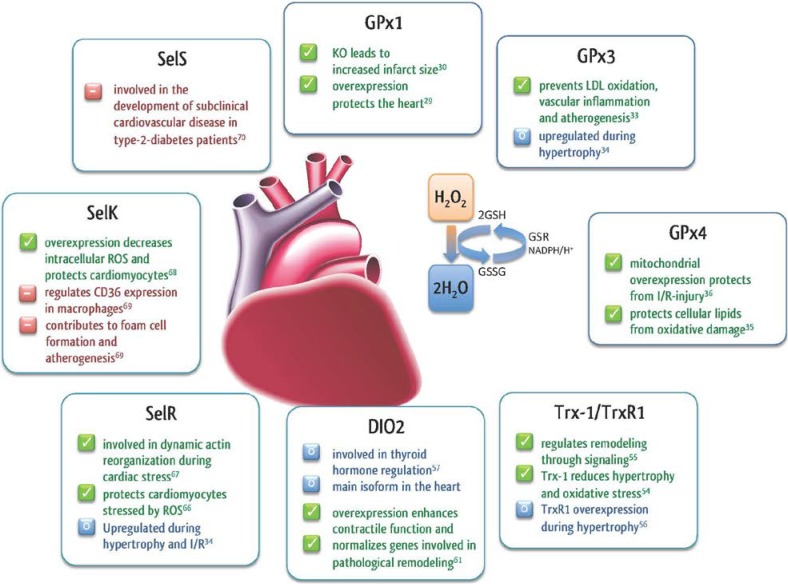Selenium
Selenium is a mineral found in the soil. Selenium naturally appears in water and some foods. While people only need a very small amount, selenium plays a key role in your bodies metabolic processes. After age 14 and throughout adulthood, you need 55 micrograms, according to the Linus Pauling Institute. The only time your recommendation goes up is if you become pregnant. The safe upper limit for selenium is 400 micrograms a day in adults.
Selenium is mostly known for its antioxidant properties, due to the fact that its a necessary micronutrient in the creation of glutathione (the body’s principal antioxidant compound). Selenium also works in conjunction with vitamin E and C to prevent oxidative damage in the body, and with iodine to upregualte thyroid function and metabolic rate.
Studies have also shown that high selenium boosts serum testosterone levels and sperm quality in men.

Brazil nuts are the richest known source for bio-active selenium and selenium has been linked to elevated testosterone levels. Even as little as 1-2 Brazil nuts can easily fill your daily requirement. 1 average Brazil nut contains 80mcg’s (145% RDA) of selenium, so eat one or two every day. Yellow fin tuna has 100mg per 100g. sardines, halibut and shrimp are also good.
Selenium works with the thyroid gland (converts T4 to T3).
Selenium is required to produce thyroid hormone, called tetraiodothyronine or T4. It is also needed for the conversion of T4 to the more active form of the hormone, called triiodothyronine or T3. This is a critical function that is sub-optimal in many people today. If the body cannot convert T4 to T3, then thyroid hormone activity will diminish significantly, even if enough T4 is being produced. Many doctors measure these hormones and then they give hormone replacement of T3 if it is low. Selenium will often correct the without the need for drugs.
Glutathione
Glutathione is a substance produced in the liver and elsewhere that is critical for detoxification within the liver and in every body cell. Glutathione is one of the most important substances in the human body. Its production depends on the availability of several amino acids, along with available iron and selenium.
Heavy metal contamination
Selenium is a known antagonist to arsenic, promoting the excretion of arsenic from the body. Many area, due to geology, are prone to arsenic containing soils.

Sources: drlwilson.com, ncbi.nlm.nih.gov
